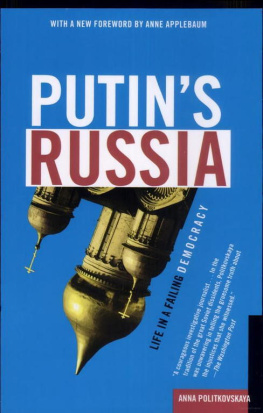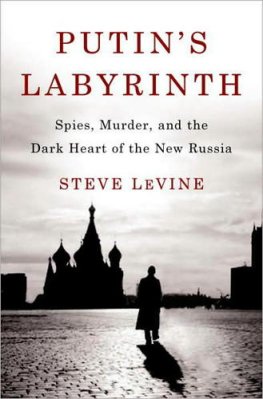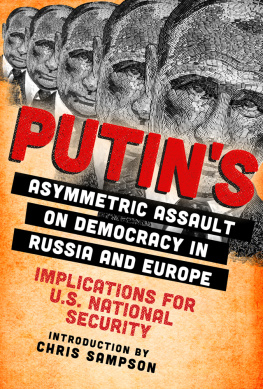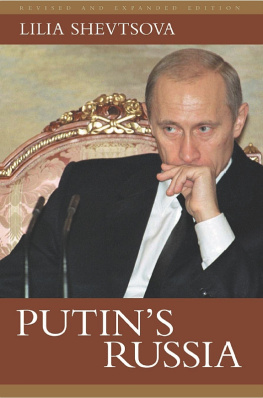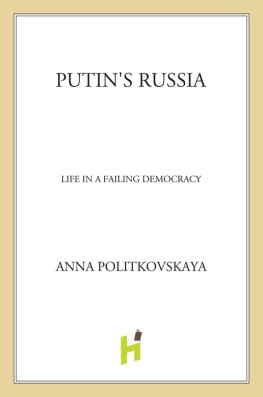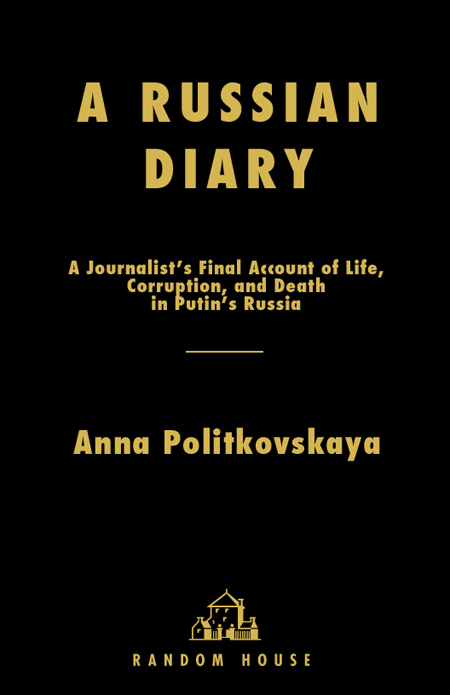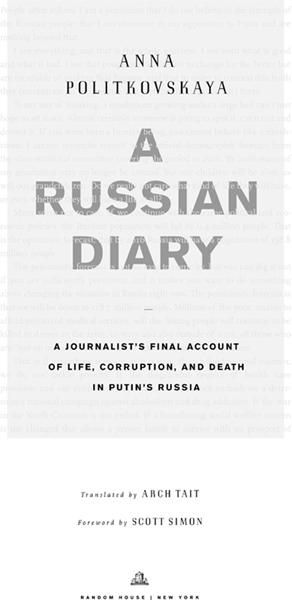Anna Politkovskaya - A Russian Diary: A Journalists Final Account of Life, Corruption, and Death in Putins Russia
Here you can read online Anna Politkovskaya - A Russian Diary: A Journalists Final Account of Life, Corruption, and Death in Putins Russia full text of the book (entire story) in english for free. Download pdf and epub, get meaning, cover and reviews about this ebook. year: 2007, publisher: Random House, genre: Politics. Description of the work, (preface) as well as reviews are available. Best literature library LitArk.com created for fans of good reading and offers a wide selection of genres:
Romance novel
Science fiction
Adventure
Detective
Science
History
Home and family
Prose
Art
Politics
Computer
Non-fiction
Religion
Business
Children
Humor
Choose a favorite category and find really read worthwhile books. Enjoy immersion in the world of imagination, feel the emotions of the characters or learn something new for yourself, make an fascinating discovery.

- Book:A Russian Diary: A Journalists Final Account of Life, Corruption, and Death in Putins Russia
- Author:
- Publisher:Random House
- Genre:
- Year:2007
- Rating:5 / 5
- Favourites:Add to favourites
- Your mark:
A Russian Diary: A Journalists Final Account of Life, Corruption, and Death in Putins Russia: summary, description and annotation
We offer to read an annotation, description, summary or preface (depends on what the author of the book "A Russian Diary: A Journalists Final Account of Life, Corruption, and Death in Putins Russia" wrote himself). If you haven't found the necessary information about the book — write in the comments, we will try to find it.
Writing with unflinching clarity, Politkovskaya depicts a society strangled by cynicism and corruption. As the Russian elections draw near, Politkovskaya describes how Putin neutralizes or jails his opponents, muzzles the press, shamelessly lies to the publicand then secures a sham landslide that plunges the populace into mass depression. In Moscow, oligarchs blow thousands of rubles on nights of partying while Russian soldiers freeze to death. Terrorist attacks become almost commonplace events. Basic freedoms dwindle daily.
And then, in September 2004, armed terrorists take more than twelve hundred hostages in the Beslan school, and a different kind of madness descends.
In prose incandescent with outrage, Politkovskaya captures both the horror and the absurdity of life in Putins Russia: She fearlessly interviews a deranged Chechen warlord in his fortified lair. She records the numb grief of a mother who lost a child in the Beslan siege and yet clings to the delusion that her son will return home someday. The staggering ostentation of the new rich, the glimmer of hope that comes with the organization of the Party of Soldiers Mothers, the mounting police brutality, the fathomless public apathyall are woven into Politkovskayas devastating portrait of Russia today.
If anybody thinks they can take comfort from the optimistic forecast, let them do so, Politkovskaya writes. It is certainly the easier way, but it is also a death sentence for our grandchildren.
A Russian Diary is testament to Politkovskayas ferocious refusal to take the easier wayand the terrible price she paid for it. It is a brilliant, uncompromising expos of a deteriorating society by one of the worlds bravest writers.
Praise for Anna Politkovskaya
Anna Politkovskaya defined the human conscience. Her relentless pursuit of the truth in the face of danger and darkness testifies to her distinguished place in journalismand humanity. This book deserves to be widely read.
Christiane Amanpour, chief international correspondent, CNN
Like all great investigative reporters, Anna Politkovskaya brought forward human truths that rewrote the official story. We will continue to read her, and learn from her, for years.
Salman Rushdie
Suppression of freedom of speech, of expression, reaches its savage ultimate in the murder of a writer. Anna Politkovskaya refused to lie, in her work; her murder is a ghastly act, and an attack on world literature.
Nadine Gordimer
Beyond mourning her, it would be more seemly to remember her by taking note of what she wrote.
James Meek
Anna Politkovskaya: author's other books
Who wrote A Russian Diary: A Journalists Final Account of Life, Corruption, and Death in Putins Russia? Find out the surname, the name of the author of the book and a list of all author's works by series.

